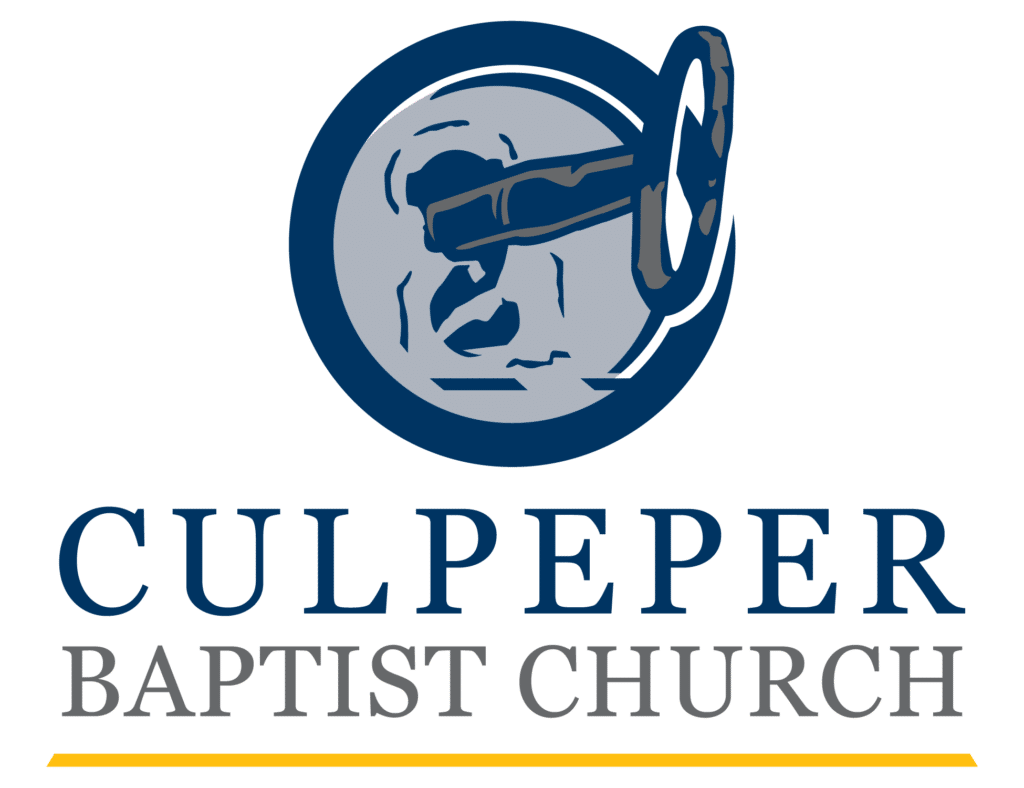Bring Your Burdens On In
Before We Gather by Zach Hicks
| Scripture
Read Psalm 55:22
| Devotion
Have you ever heard someone say at the beginning of a worship service, “Leave your burdens at the door and come worship Jesus”? Friends, this is a bad idea.
In one sense, I get it. I think the intention is that we don’t let life’s heaviness out weigh God’s worthiness to be worshiped. Still, it doesn’t seem like God’s heart to have you set aside a burden for an hour or so, enjoy his presence, and then pick that burden back up again at the door where you left it, as if God’s waving to you on the way out saying, “Great to see you! Good luck with that!” God seems to be much more in the burden-relieving business than in the burden-pausing business.
Psalm 55:22 is a case in point. I know this reading jumped right to the end of the psalm, but spend some time later reading or praying the whole thing. There are some serious burdens being unloaded here. A lot of psalms pray about and against enemies, but only a handful identify those enemies as former close friends (vv. 13-14, 20-21).
I don’t know if there’s anything more burdensome, anything more disorienting, than the burden of betrayal by a loved one. “Stabbed in the back,” we say. We often talk about burdens being on our backs. The pain of betrayal is something deeper. It’s in our backs. What we need to remember, then, is that when the psalmist sings this worship song, he’s singing it when he’s at his worst. And God gives him-and us – these faithful words to sing: “Cast your burden on the LORD, and he will sustain you.” There’s really only one kind of worshiper out there-a burdened one. And some worshipers this Sunday will be singing when they’re at their worst.
That God writes these lyrics into a public worship song tells us something about his heart for what worship really is. Worship isn’t a place to set aside your burdens. Worship is a place to lay your burdens on Jesus’ back and watch him do something about them. But notice the language: “Cast your burden on the LORD, and he will sustain you.” It doesn’t say, “He will take it for you.” It doesn’t say, “You’ll walk away totally free of your burden.” No, we get something better than the absence of our heavy burdens. We get the presence of a strong Friend who gets underneath that burden with us, who sustains us. This is what Jesus means when he offers his invitation in Matthew’s gospel: “Come to me, all who labor and are heavy laden, and I will give you rest. Take my yoke upon you, and learn from me, for I am gentle and lowly in heart, and you will find rest for your souls. For my yoke is easy, and my burden is light” (Matt. 11:28-30). Jesus is saying, “When you come into my presence, when you come alongside me, the friend of sinners, you get to hitch your burdened back onto my strong back.” If we go into worship feeling alone and heavy, God intends that we walk out feeling hitched to Jesus.
Have you ever seen Chick-fil-A’s customer training video? Fast-food training shouldn’t make you cry, but this video kind of does. It pans through a restaurant in slow motion, pausing briefly over people who are ordering food or sitting at tables. Hovering next to these people are statements like, “Lost his job this week,” “Years of fighting cancer,” and, “Single mom trying to make ends meet.” The message is clear: everyone who walks through the door has a story. The purpose of the video is to foster in Chick-fil-A’s employees an others-centered empathy so strong that it affects the way they treat the people they serve.
I wonder what it would be like for those of us who plan, lead, and facilitate worship-and for those of us who simply want to be intentional worshipers – to envision the heavy-laden nature of everyone who comes in the door. At Chick-fil-A, every customer has a story. In church, every worshiper has a burden. The good news about worship is that God’s objective for this gathering is to offer the very presence of the one who, because of his life, death, and resurrection, has the power to get under every worshiper’s burden in a tangible way and say, “Let me carry that with you.”
Of course, we’re one community. But the truth is that each worshiper has a unique burden requiring Jesus to be present to them in a specific way. That specificity is above our pay grade, though. So instead of feeling anxious that the content of this Sunday’s service may or may not address exactly what people need, we go to prayer to release the burden of other people’s burdens to the sovereign Spirit, who has already gone ahead of us in preparation for the service.
| Prayer
Aim your prayers in this direction:
- Pray that God would draw anyone who might be trying to decide whether they will come to worship.
- Pray that people would feel free to pull down their masks, to hold their burdens up with open hands, to be honest before God and before others.
- Pray that those who are greeting and welcoming worshippers would be especially attentive and willing to drop everything to pray with someone who might need special ministry before or after the service.
- Pray that God would speak through the elements of worship with so much power and specificity that each person would find God speaking clearly and directly to them.


